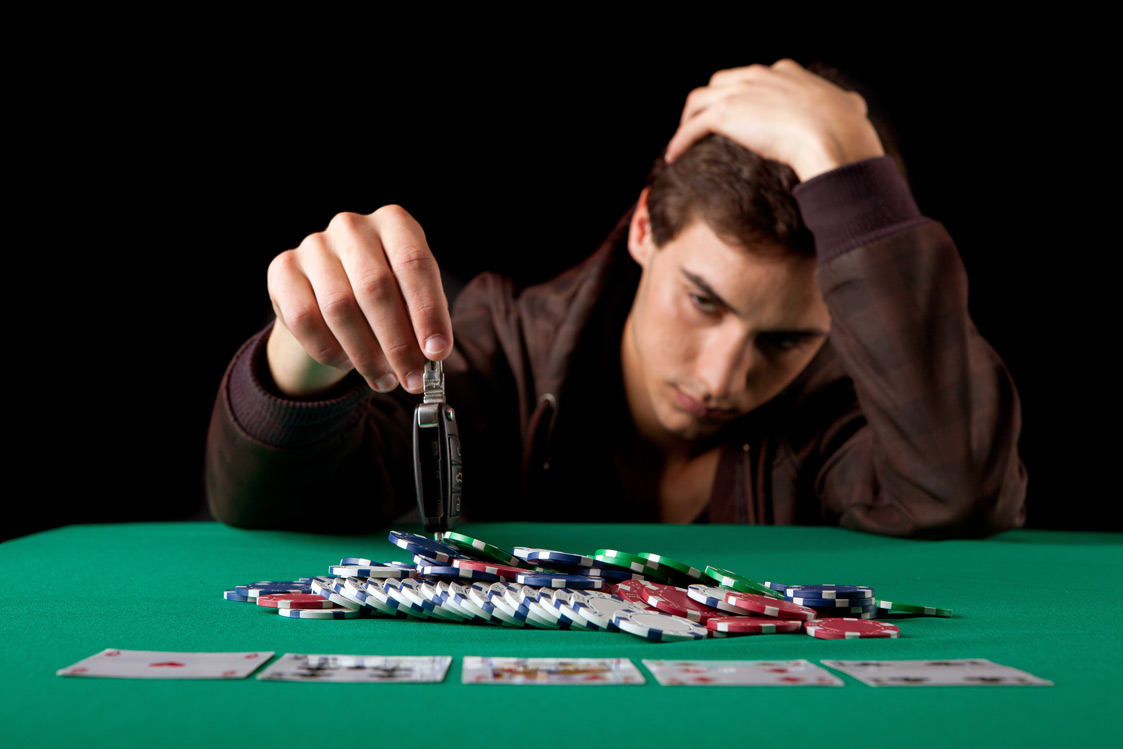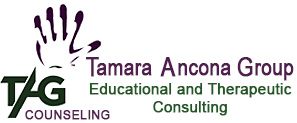 Gambling is now more common among teenagers than drinking, smoking or taking drugs, a report has found.
Gambling is now more common among teenagers than drinking, smoking or taking drugs, a report has found.
The Gambling Commission says that 450,000 children aged between 11 and 16, equivalent to one in every seven, are taking part in some form of gambling.
Researchers found children were increasingly making wagers with friends at school or gambling online at home. More than 70,000 teenagers are classed as problem gamblers, with 55,000 more at risk of becoming addicted.
Parents and teachers were urged to warn their children about the risks of gambling in the same way they would about smoking, drinking and taking drugs. But only one in five children said their parents had done so.
Tim Miller, the executive director of the Gambling Commission, said: “Parents must have this conversation as they would with other areas of risk. We see it in computer games, on social media, in apps – activities that have all the same behaviors [as gambling] but none of the warnings or protections.”
The survey found that 14 per cent of children aged 11-16 had spent their own money on gambling in the past week, up from 12 per cent in 2017. That compared with 13 per cent who drank alcohol, 4 per cent who smoked and 2 per cent who took drugs. Gambling was common on fruit machines, with most pupils who gambled saying they did so for pleasure and to win money. Four in 10 – equivalent to 1.3 million – said they had gambled in the past year.
Figures suggested children were increasingly being exposed to gambling online. Three in 10 said they had opened “loot boxes” in video games, which give players random rewards and have been compared to gambling. Just over one in 10 played free-to-play casino games online. The research will add to concerns about the influence of gambling advertising before the watershed during football games and online.
Two thirds of young people had seen gambling adverts on television, 59 per cent on social media and 53 per cent on other websites; 46 per cent had seen gambling sponsorship at sport venues.
Mr Miller said although protecting children from the harms of gambling was a priority, regulation alone could not address all the risks to young people. “The most common forms of gambling by children do not happen in gambling premises,” he said. “Some are bets between friends, some are unlawful gambling on machines in pubs. But all present risks. It is vital that all those with a part to play in protecting children and young people – parents, businesses and regulators – work together.”
If you, or a loved one is struggling with an addiction to gambling call Tamara Ancona, MA, LPC at (678) 297-0708 for an evaluation, and to discuss the best treatment options available.
